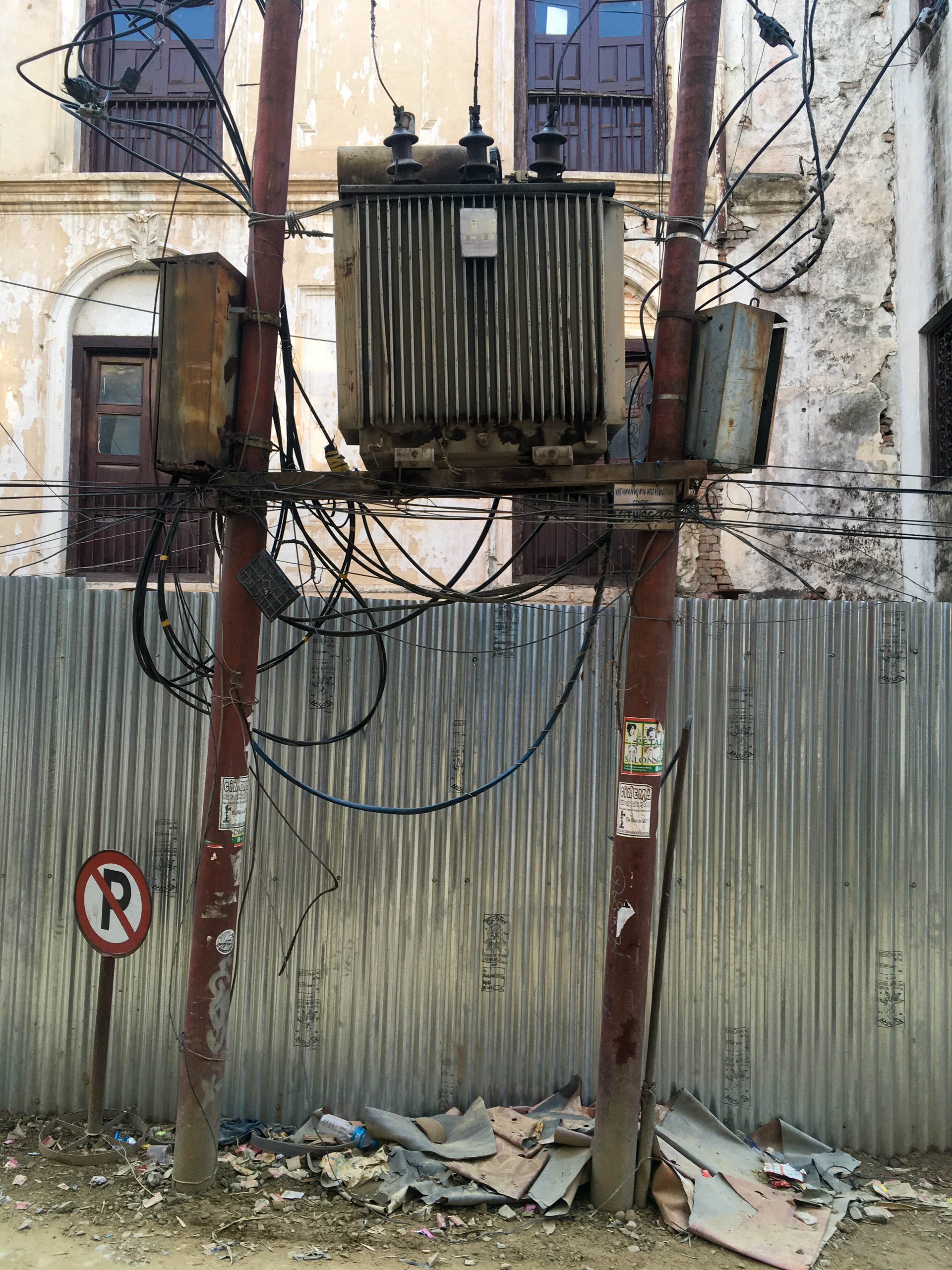On January 24, 2024, the BCUC rejected BC Hydro’s request to authorize its Lower Mainland Reactive Power Reinforcement Project.
BC Hydro had requested authorization to install reactive power compensation equipment at four substations, and to cease operations at its Burrard Synchronous Condenser Station (the former Burrard Thermal generating plant). The estimated cost for the work was $85.8 million to $129.5 million.
The BCUC agreed that BC Hydro has a need to manage reactive power on its transmission system. However, the BCUC did not accept BC Hydro’s “largely qualitative” analysis of the alternatives to the project proposed, and determined that BC Hydro had provided an incomplete assessment of the work involved in decommissioning and remediating the Burrard Synchronous Condenser Station site.
BC Hydro used its “Structured Decision-Making” process when evaluating the alternatives for the project. This process compares the project alternatives against various criteria, and reduces the analysis to a table with mostly “low, medium and high” ratings for each criteria. BC Hydro did not provide any assessment of the relative importance of each of the criteria.
The BCUC has criticized BC Hydro’s Structured Decision-Making process before. On October 11, 2022, the BCUC approved BC Hydro’s request to upgrade four generator units at its Bridge River facility. While accepting BC Hydro’s analysis on that occasion, the BCUC criticized BC Hydro’s use of “low, medium and high” to assess criteria such as reliability instead of using quantifiable measures, and also criticized BC Hydro’s failure to provide relative weightings for the criteria.
It seems that BC Hydro did not heed the warning it was given in the Bridge River decision.


